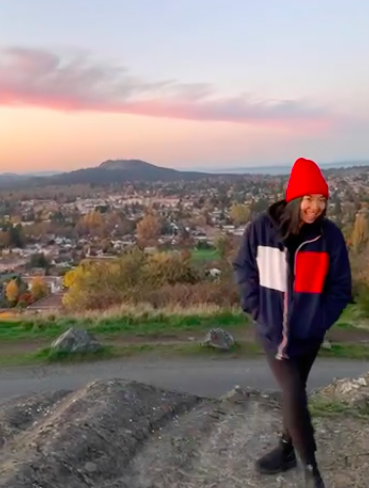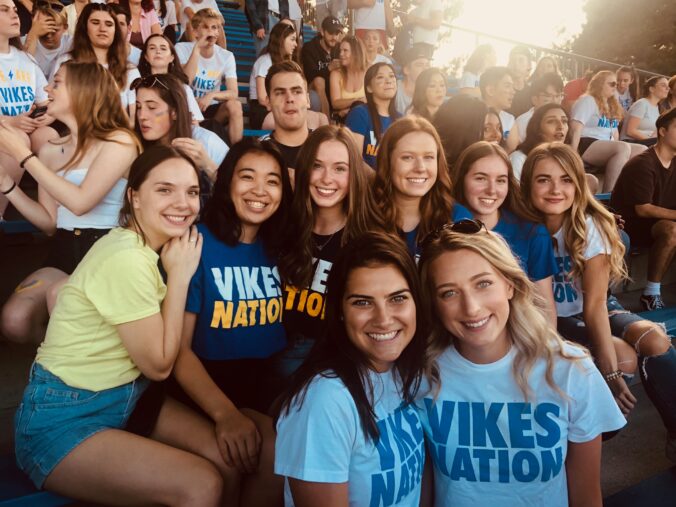What is a digital identity?
Digital identity refers to ones online personality from posting pictures, liking pages, and everything that one publicly posts (Jawed, Et al, 2019). However, ones digital identity may not match the individuals life personality. People are able to hide their true identity behind their digital identity. Behind the screen, people post certain pictures and posts to choose how they want other viewers to see them. For example, I often share pictures on my Instagram of my roommates and I walking around beach. This shows my followers that I am active and doing fun things. In reality, I spend the majority of my time indoors.
Moreover, a persons digital identity becomes their online footprint. This means that ones digital identity can be traceable and accessible anyone. One’s footprint can affect job opportunity and school acceptance based on what others can see. For example, my friend posts pictures of herself heavily drinking on her social media. She has her account open meaning anyone who searchers her name can see all of her drinking photos. The footprint may leave a negative impression on whoever is looking.
How do personal versus professional approaches to digital identity affect social media use?
Many companies advertise through social media. The social media page tends to be more professional, themed, and categorized. The goal of the social media page is to look professional and share information about the business to encourage people to learn more. Whereas a personal digital identity shares personal events and emotions.
To elaborate, my friend recently started her own eye lash company. She created an Instagram account to share her business. On her account, it is easily to find prices for different styles, hours of operation, and treatment facts. In addition, she posts pictures of lashes she has already done to show her work. The account looks professional with no personal information. Whereas her personal account shows more about her life. She posts selfies, pictures with friends and her opinion on social movement issues. If she combined both accounts, her page would not be professional which could affect her business.
How do digital identities converge in networked publics – what are the impacts and/or benefits?
Unfortunately, ones digital identity can be traceable from ones footprint. Based off a persons digital identity, other people can have a bias judgement on the person before meeting. Thus, ones digital identity is important to not share to much personal information. Specially employers looking before hiring someone. Ones digital identity becomes their first impression before a real interaction.
References:
Jawed, S., Mahboob, U., & Yasmeen, R. (2019). Digital professional identity: Dear Internet! Who am I Retrieved September 25, 2020, from https://www.ncbi.nlm.nih.gov/pubmed/31512590


